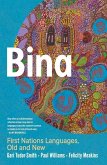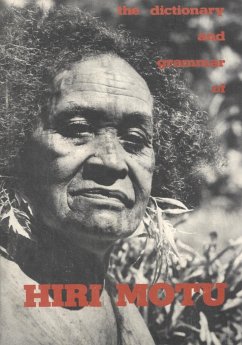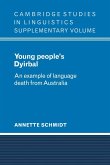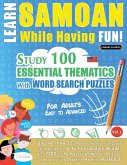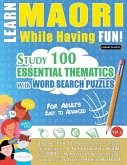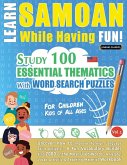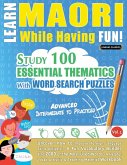This book tells the story of the renaissance of the Kaurna language, the language of Adelaide and the Adelaide Plains in South Australia, principally over the earliest period up until 2000, but with a summary and brief discussion of developments from 2000 until 2016. It chronicles and analyses the efforts of the Nunga community, and interested others, to reclaim and relearn a linguistic heritage on the basis of mid-nineteenth-century materials. This study is breaking new ground. In the Kaurna case, very little knowledge of the language remained within the Aboriginal community. Yet the Kaurna language has become an important marker of identity and a means by which Kaurna people can further the struggle for recognition, reconciliation and liberation. This work challenges widely held beliefs as to what is possible in language revival and questions notions about the very nature of language and its development.
Hinweis: Dieser Artikel kann nur an eine deutsche Lieferadresse ausgeliefert werden.
Hinweis: Dieser Artikel kann nur an eine deutsche Lieferadresse ausgeliefert werden.


